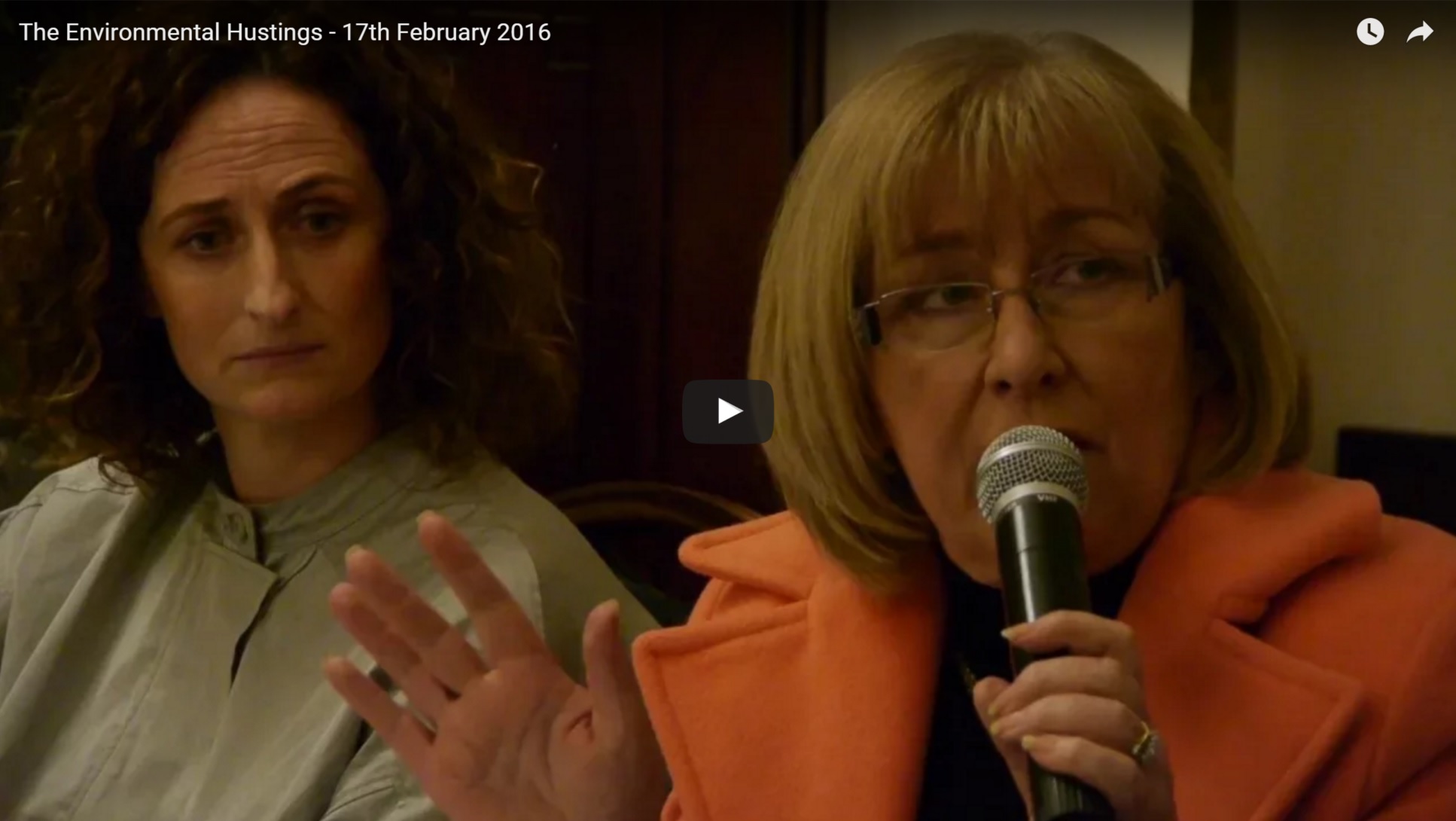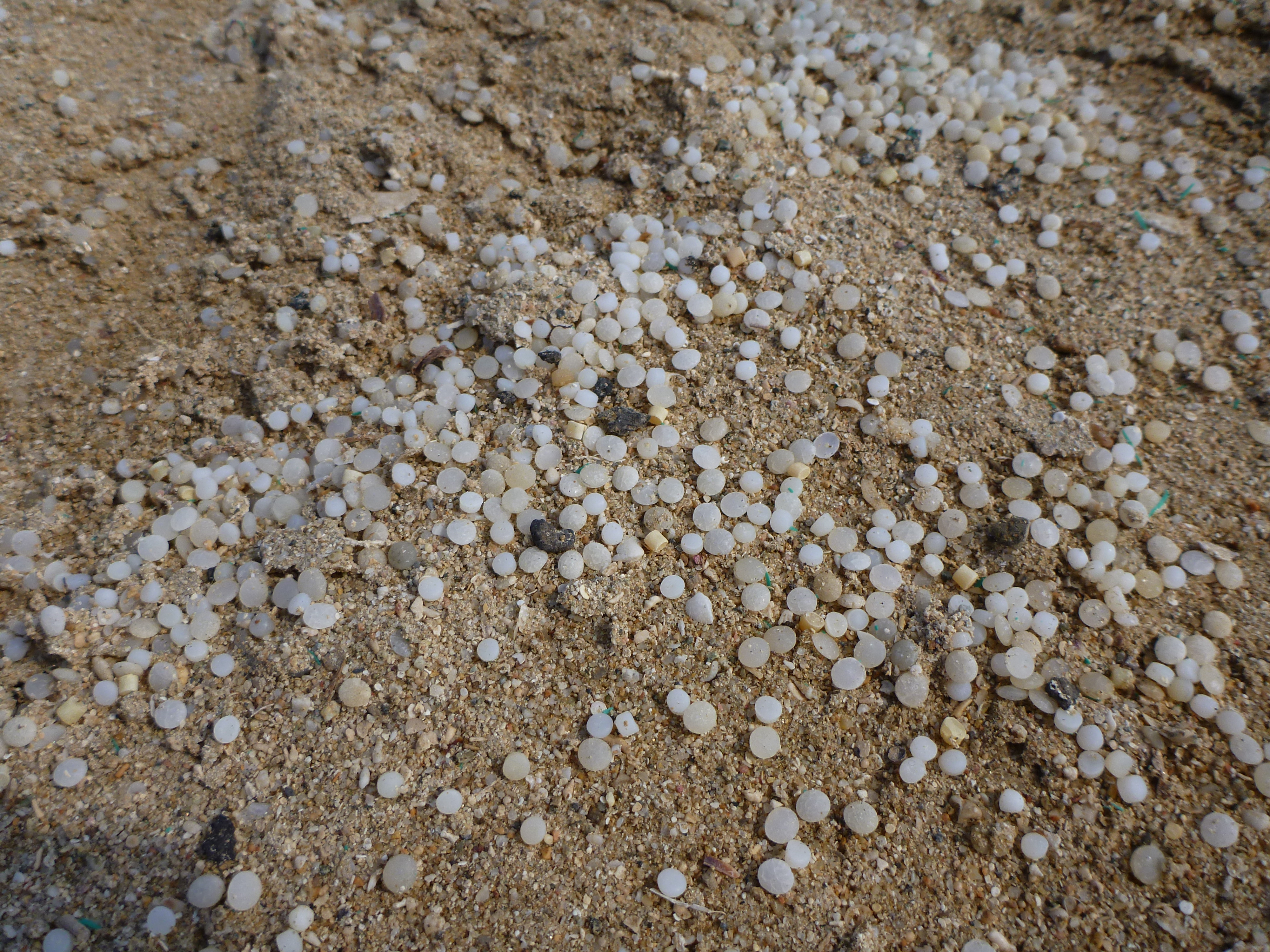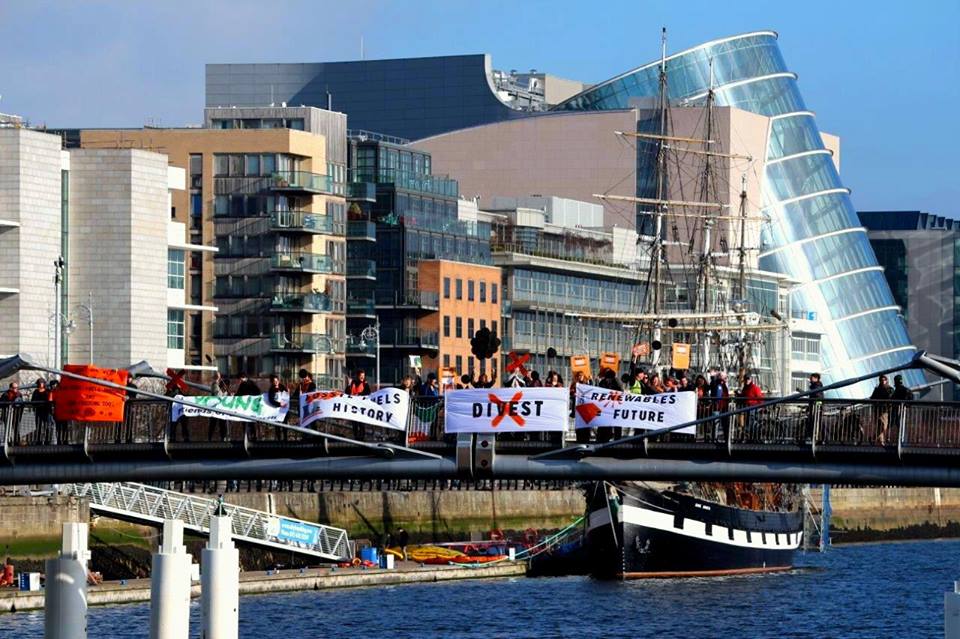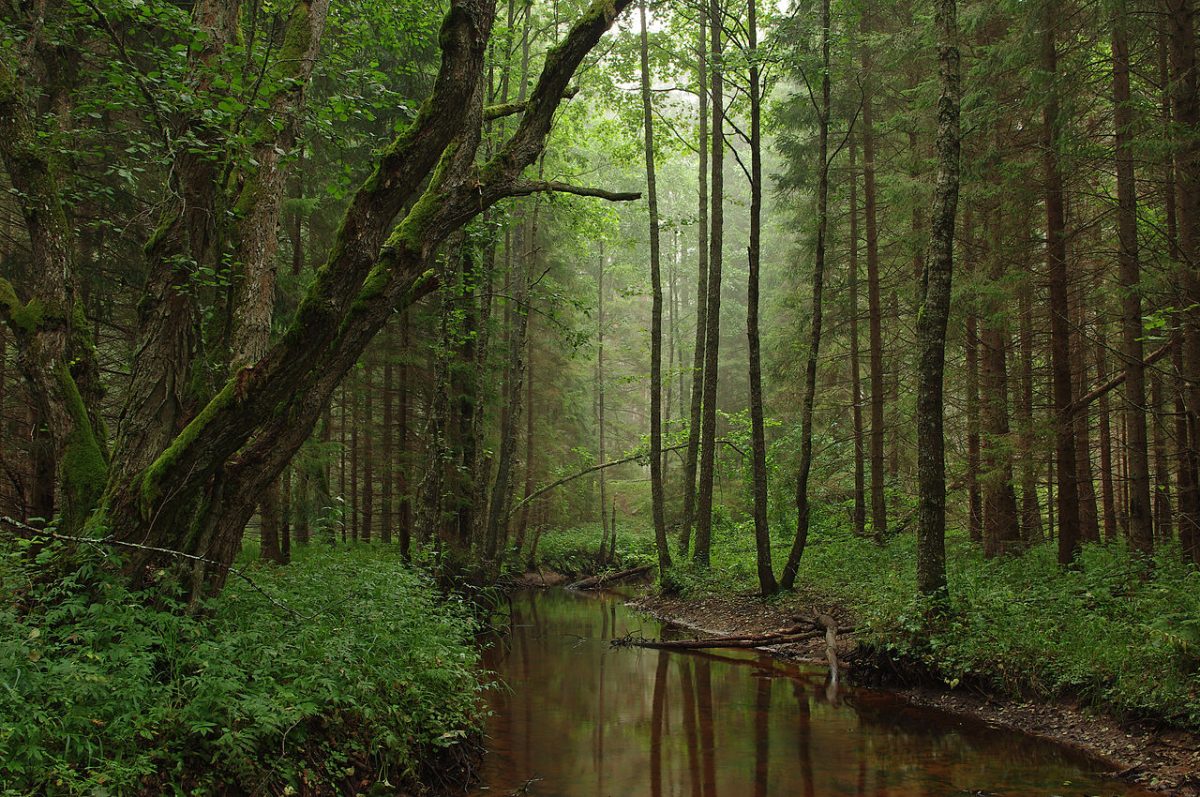Climate inaction will cost €7 billion in 2020, says Greens

January 27th, 2020
Lack of climate action will cost the state over €7 billion by the end of this year, the Green Party has said in the lead up to the general election.
The party’s analysis examined different sectors impacted by the climate crisis, with the costs deemed to be “immediate” and in “some way in the control of national government”.
The analysis found that energy poverty payments paid out by the State have steadily climbed over the past three years, rising by almost €50 million since 2018 alone.
As Ireland has consistently failed to take action to meet its 2020 EU climate targets, the state will have to fork out €150 million to purchase compensatory carbon credits, as well as paying an additional €125 million in fines for missing the target.
Traffic congestion is estimated to cost the state €500 million, with the analysis projecting that costs could skyrocket up to €2 billion by 2033. Such congestion, the Green Party says, “increases commuting times, slows down deliveries, and reduces the competitiveness of our economy”.
In addition to carbon emissions, fossil fuel-run vehicles are one of many sources of particulate matter, which has a drastic impact on our air quality.
The European Environment Agency estimated that poor air quality costs Ireland €2 billion every year due to health-related costs and lower productivity due to lost workdays.
Additionally, the Green Party analysis found, air quality causes 1,600 premature deaths every year in Ireland and costs the state €2.6 billion.
Finally, the analysis stresses, the state continues to subsidise fossil fuels, which it argues is “completely at odds with the government’s commitments to reduce emissions” and overlooks the development of offshore wind energy.
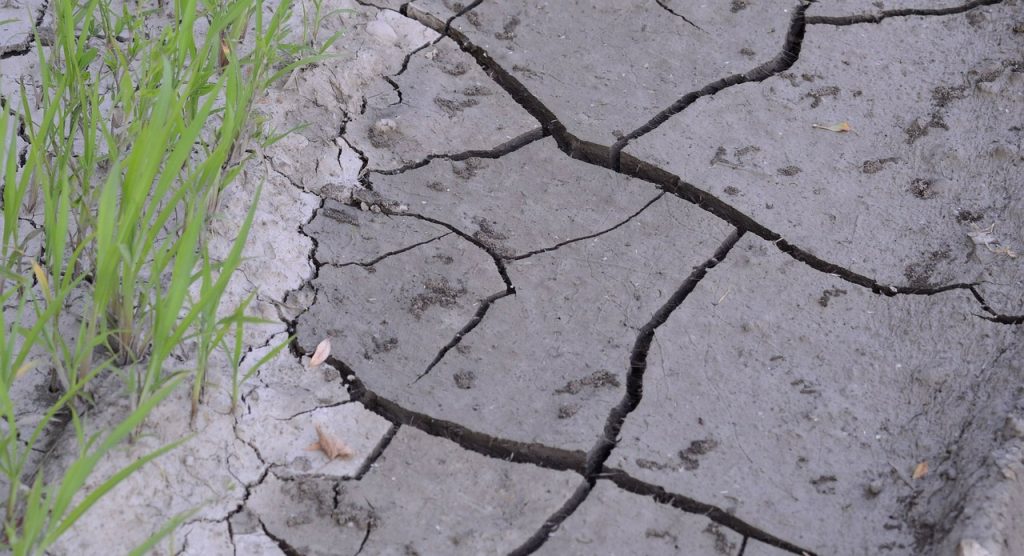
“Inaction is costing us dearly”
Green Party Finance spokesperson Neasa Hourigan said that climate inaction is “costing us dearly” and that the state must acknowledge its own shortcomings. “If you have a leaky bucket, do you keep filling it with water or do you fix the holes in the bucket?” Ms Hourigan added.
“Do we continue to treat people for respiratory illnesses, or do we scale up emission free public transport and cars?” She added.
Green Party Climate spokesperson David Healy took note of the “major economic benefits” of tackling climate change and said that a political party cannot “claim” to be a part of fiscal responsibility and rectitude and “stand over this level of waste”.
“The figures show instead a party that has done little to prevent huge wastage of public money, and that has failed to spend now to save later,” Mr Healy added.
A report released by Christian Aid in December, identified 15 of the most destructive droughts, floods, fires, typhoons and cyclones of 2019, each of which caused damage of over $1 billion. Seven of the events are conservatively estimated to have cost more than $10 billion each, the report found.
All of these billion-dollar disasters are linked with human-caused climate change. In some cases scientific studies have shown that climate change made the particular event more likely or stronger, for example with Cyclone Idai in Africa and floods in India and the United States.
[x_author title=”About the Author”]
